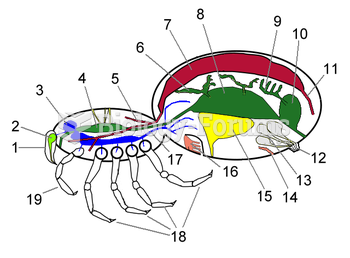Answer to Question 1
Essentially, shared governance means granting the ability to employees to engage in collective bargaining and thus have more of a say in their working conditions and benefits. Each state, however, is free to decide whether and which public sector employees will have collective bargaining rights and under what terms; therefore, there is considerable variety in collective bargaining arrangements across the nation. In states with comprehensive public sector bargaining laws, the administration of the statute is the responsibility of a state agency such as a public employee relations board (PERB) or a public employee relations commission (PERC). There are three basic models used in the states: binding arbitration, meet and confer, and bargaining-not-required.
Navigating the waters of unionization: Government officials expect management to represent its interests well; conversely, there is an expectation by labor that the union will be a strong advocate for its membership. However, when their relationship becomes antagonistic, everyone suffers; the challenge is to keep that conflict within a healthy range. Therefore, the four principles of collective bargainingcommunica tion, cooperation, trust, and respectare of utmost importance. Certain principles need to be remembered: informal settings are better than behind-closed-door, formal meetings; no secret deals being struck; avoid blending issues concerning economics with agency management; management's position should simply be that employees deserve as much money as the jurisdiction can possibly afford to give them; and management needs to excuse themselves when the management team caucuses on economic issues.
Answer to Question 2
b







